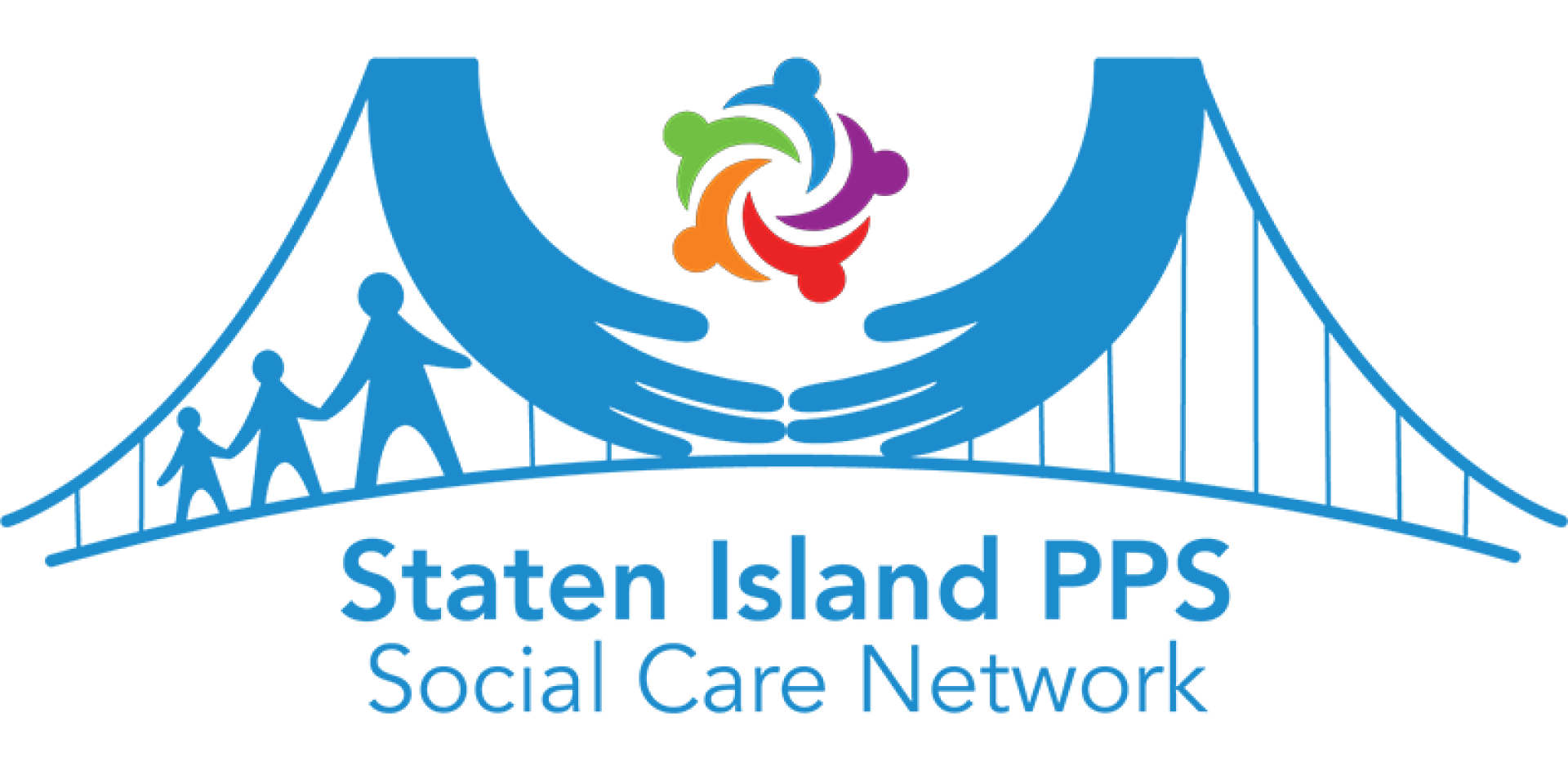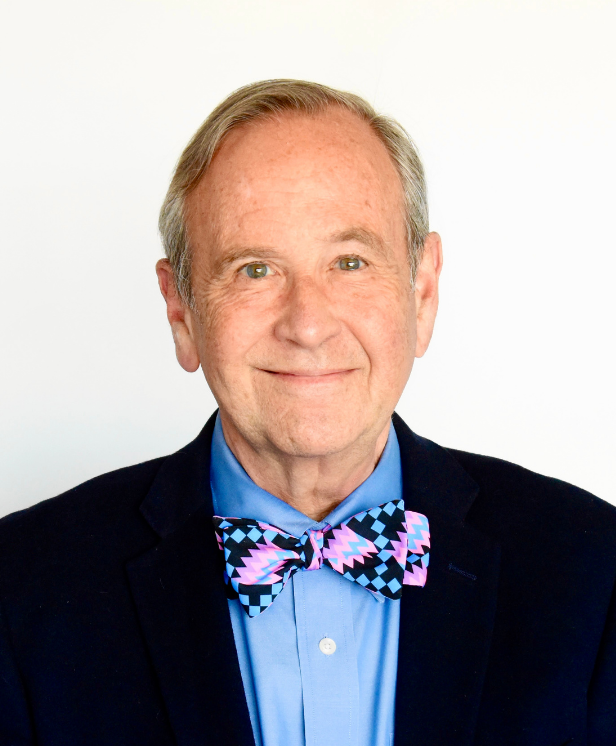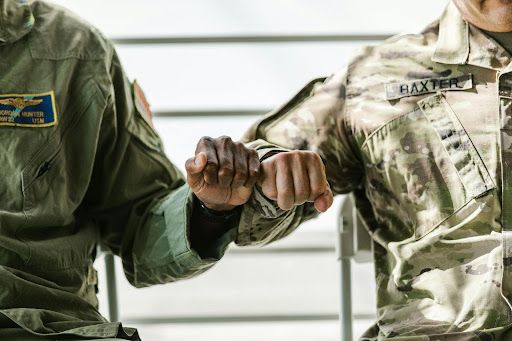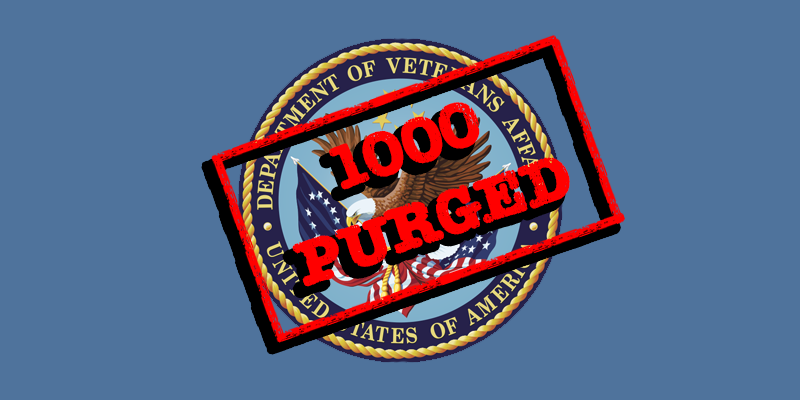Publisher's Corner

Guest Viewpoint
The American Foundation for Suicide Prevention and Zero Suicide - Meet the Staten Island Military, Veteran, Family (SMVF) Task Force!
The American Foundation for Suicide Prevention and Zero Suicide - Meet the Staten Island Military, Veteran, Family (SMVF) Task Force!

The Staten Island Service Member/Veteran and Families (SMVF) Taskforce mission is to bring the civilian and military communities to create solutions to various challenges for the military community. One such challenge is to bring awareness about the connection between debt and suicide risk. We have collaborated with the 501(c)(3) private foundation End Veteran Debt (EVD) in our “Operation Debt-Day” campaign to raise $50,000 to forgive $1million in Veteran Debt.
Winning Friends and Raising Awareness – Our NYC “Micro-Summit”
On Tuesday, September 9, at Fordham University in New York City, in collaboration with EVD, we convened an Inaugural Micro Summit to raise awareness of debt as a risk factor in Veteran suicide and to begin bridging the gap between civilian and military communities in creating solutions.
Working from my role as a civilian as a Director of Veteran Services for the Staten Island PPS, my purpose was to bridge and combine civilian and military suicide efforts to the mutual benefit of both worlds. Jerry Ashton, Navy veteran and founder of EVD, serves in a similar capacity from the military side. Together, we have dubbed this a “Civ Vet” community approach.
Since the Micro Summit, we have made progress in developing the Civ-Vet approach.
Gaining A National Voice – The American Foundation for Suicide Prevention (AVSP)
A panelist at the Micro Summit was Candace Bravo, the NYC Director of AFSP. Only coincidentally, her organization, established in 1987 as a voluntary health organization giving those affected by suicide a nationwide community empowered by research, education, and advocacy, has chosen 2025 to launch a veteran-specific element in its work.
Christened as “Supporting Our Veterans Talk Saves Lives,” this initiative will be available to AFSP chapters in all 50 states, Puerto Rico, and Washington, DC. Seeing the natural synergies between their work and ours, AFSP offered the SMVF Taskforce members an opportunity to provide feedback and suggest improvements to this amazing program. The offer was accepted and completed, providing us with another step forward in bridging the civilian/ military gap in suicide prevention.
Beginning conversation with another national voice - Zero Suicide
Zero Suicide is a national initiative to improve suicide care within health and behavioral
health systems. The foundational belief of Zero Suicide is that suicide deaths for
individuals under the care of health and behavioral health systems are preventable.
It offers an aspirational challenge and a practical framework for systems-wide transformation toward safer suicide care. To date, it has not a specific Veteran focused approach.
On 9/19, I attended a Zero Suicide conference on Staten Island and met
Dr. Christa Labouliere, Assistant Professor of Clinical Psychology at Columbia University. She is also the director of the largest US implementation and evaluation of the Zero Suicide model. She expressed interest in learning more about End Veteran Debt and we began a conversation about opportunities to cross-fertilize the Zero Suicide prevention work with the extensive suicide prevention work in the VA, our work, and other non-profit Veteran suicide prevention programs.
Is your operation next in integrating Civ-Vet into your work?
(This article addresses major suicide prevention programs from the civilian side, but there are many successful and best practice programs from the Veteran and active duty perspective, which I will describe in more detail in future articles. MM)





